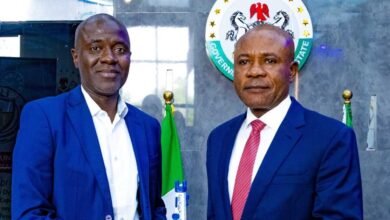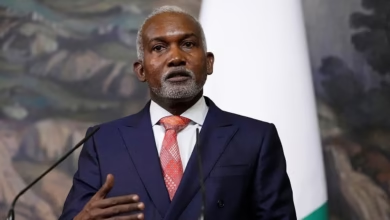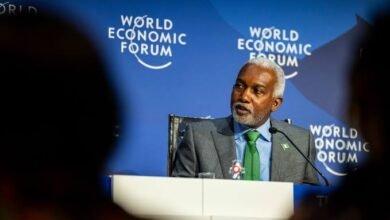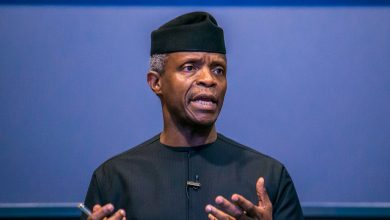OpinionTechnology
Driving Nigeria into the Fourth Industrial Revolution: The NASENI Renaissance under Khalil Halilu
By Bature Danlami
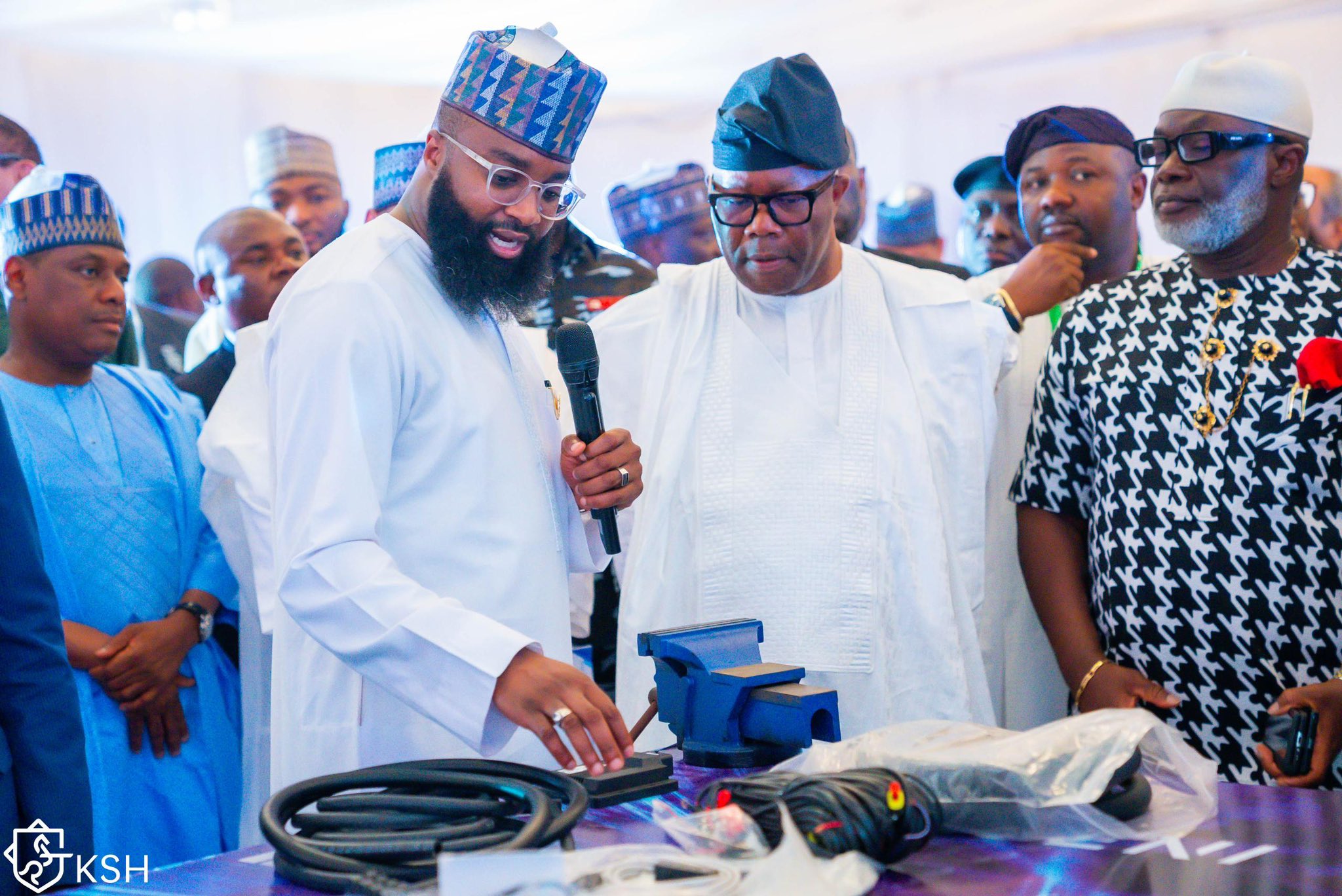
The world is going through a major change, and we know it as the Fourth Industrial Revolution (4IR).
This new era transcends the digital advances that we are used to. It weaves together the physical, digital, and biological realms. Technologies such as artificial intelligence (AI), robotics, the Internet of Things (IoT), and advanced materials are redefining industries, reshaping economies, and rewriting the rules of competition. For countries ready to embrace these technologies, the rewards are monumental: productivity is heightened, there is a spur of cutting-edge innovations, and economic ascendancy takes footing. For laggards, however, the stakes are high. As the world charges forward, Nigeria is taking bold steps to avoid the trap of technological inertia. Enter NASENI.
The National Agency for Science and Engineering Infrastructure (NASENI) has spent over three decades quietly building the scaffolding for Nigeria’s industrial and technological revolution. Established in 1992, the agency was charged with a monumental task: to develop the capital goods, processes, and scientific equipment critical for homegrown industrialization. With the appointment of Khalil Halilu as the agency’s Executive Vice Chairman and CEO in 2023, NASENI began to witness greater transformation and tapping into its potential. A young, innovative leader at the helm has sparked nothing short of a renaissance, aligning NASENI’s ambitions with the demands of the 4IR and Nigeria’s national aspirations.
Upon assuming office, Khalil Halilu wasted no time redefining NASENI’s trajectory. His vision rests on the “3Cs”: Creation, Collaboration, and Commercialization. Under his stewardship, NASENI has been repositioned as Nigeria’s primary technology transfer agency, pioneering efforts to close the gap between research and application. The agency now plays a critical role in fostering homegrown innovation to catalyze industrialization. Investments in NASENI have soared to an impressive $3.25 billion, a testament to its enhanced global competitiveness and local relevance.
Halilu’s leadership also saw the development of the 2023–2027 Strategic Launchpad, a roadmap that underscores NASENI’s commitment to cutting-edge innovation, streamlined governance, and improved staff welfare. Among the highlights is the establishment of an Innovation Hub and the launch of NASENI’s StemBox, designed to nurture the next generation of STEM enthusiasts. These initiatives signal a forward-looking agency in lockstep with the global shift toward technological integration.
The milestones achieved under Halilu’s tenure read like a manifesto for the 4th Industrial Revolution indeed. In manufacturing, NASENI has launched 35 market-ready products, including lithium batteries, electric tricycles, solar streetlights, and NASENI-KIA hybrid vehicles. These products address Nigeria’s energy, transportation, and industrial challenges head-on. The agency has also spearheaded the deployment of solar irrigation systems and coal-based fertilizer plants, bolstering food security and agricultural productivity.
On the energy front, NASENI has established Nigeria’s largest Auto Conversion and Reverse Engineering Centre in Abuja, with plans to replicate it across all 36 states. Its partnerships with international players such as Shanghai Launch Automotive and Newway Power Technology signal a strategic pivot to renewable energy and electric mobility. These collaborations are not only technological coups but also vehicles for job creation and capacity building.
Perhaps one of the most transformative of NASENI’s initiatives is its contribution to national security and defence. Collaborations with the Defence Research and Development Bureau (DRDB) and DICON have laid the groundwork for manufacturing defence equipment locally, a vital step toward self-reliance in an increasingly volatile world.
Halilu’s tenure has also been marked by a keen understanding of the intersection between innovation and policy. Under his leadership, NASENI has provided vital recommendations to advance Nigeria’s economic agenda. By reducing reliance on imports and promoting domestic production, the agency is not just a participant in Nigeria’s industrial journey but a guiding force.
The agency’s efforts extend beyond technology. Through partnerships with the Rural Electrification Agency and other stakeholders, NASENI is expanding rural access to clean energy, bridging socio-economic divides while addressing Nigeria’s energy deficit. These efforts exemplify the inclusive ethos of the 4IR: growth that leaves no one behind.
The achievements of Khalil Halilu’s NASENI mark a pivotal moment in Nigeria’s journey toward industrial self-sufficiency. More than a checklist of accomplishments, they represent a paradigm shift in how Nigeria approaches innovation and development. Halilu has demonstrated that young, forward-thinking leadership can catalyze change, aligning national aspirations with global trends.
As Nigeria stands at the threshold of this Industrial Revolution, the work of NASENI under Khalil Halilu is a beacon of what is possible. His leadership is a testament to the transformative power of vision, strategy, and unyielding commitment. Nigeria’s future is being written in the laboratories, factories, and innovation hubs of NASENI—a future where the nation is not just a participant in the global technological revolution but a leader. With leaders like Halilu at the forefront, Nigeria’s industrial renaissance is not just a possibility; it is an unfolding reality.
Bature Danlami, a technology enthusiast writes from Kano State.

